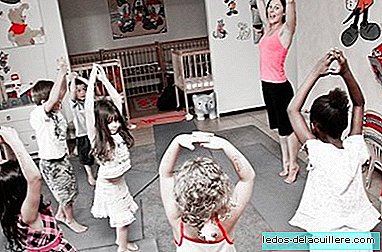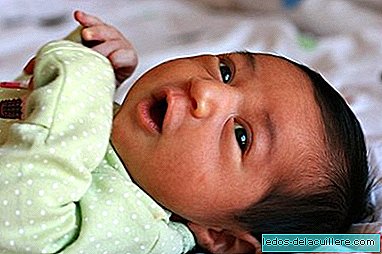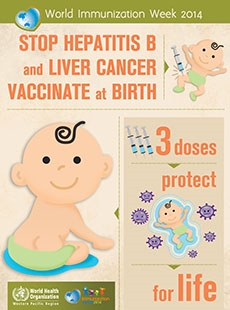
The nursery is an option for parents who cannot take care of their children, although the debate always starts on this issue because it is not usually the best option for the child. Another thing is that it is the only option and not bad, but today we wanted to focus on a review of certain risks and benefits of going to daycare.
Do children who go to daycare get more or less sick? Will children who do not go later become sick as well? Do these school children learn more or less? Are they all risks when a child goes to daycare? We will review what the latest research indicates in this regard.
It is a general opinion among health professionals (also between parents or anyone who gives an opinion about it) that early schooling causes an increase in the incidence of childhood disease, and there are multiple investigations that seem to point to this fact.
But it is difficult to locate studies that perform an integrated assessment of the problem, which is an obstacle to the assessment and interpretation of the available evidence.
To recommend or advise against daycare assistance one should take into account not only the psychosocial and health effects described in the previous studies and which we comment below, but above all the particular circumstances of children and their families.
Because it is really difficult to measure most of the risk and benefit estimates, so your weighting will have to be largely subjective, and the decision, again, be based on the personal situation of each family, their resources, their work situations , the possibilities of its surroundings ...

Risks of early schooling
Recently, a systematic review of different studies that have tried to quantify the health risk of childcare assistance has been carried out, with very heterogeneous studies regarding the objectives pursued, the selected populations, the designs used and the analyzes used .
In the March issue of "Evidence in Pediatrics" a study is reviewed in which children who had attended large childcare centers before the age of two and a half had more febrile respiratory infections and otitis during that period, but less during primary education (between five years and eight).
As we mentioned before commenting on this study a few weeks ago, the observed effect seems to be due more to an increase in infections in the first months of schooling than to a protective effect attributable to early attendance at daycare.
However, as indicated in the same issue of the pediatric journal, the authors do not provide information that allows assessing the clinical importance of their results, so based on them it is risky to judge the possible advantages and disadvantages of advancing or delaying the onset of schooling.
Benefits of going to daycare
But not all the effects of daycare centers on children seem unfavorable. Works are also published in which it is about presenting possible beneficial effects, mainly psychosocial but also health, although neither in these cases the conclusions are decisive, definitive or generalizable.
It is evident that early schooling offers teaching and adaptation opportunities that in certain children or risky environments could be favorable. Likewise, early exposure to infectious agents could exert some modulating effect on the immune response that will be beneficial in the medium-long term.
In a next post we focus on these possible benefits of going to daycare, once the main risks have been identified which consist in that, in comparison with the children cared for at home, those who go to the nursery before two and a half years have more infections during that period.












